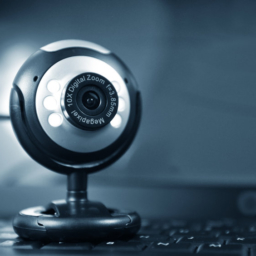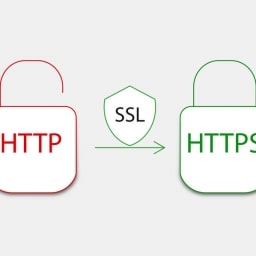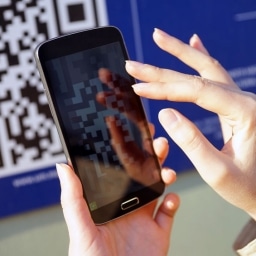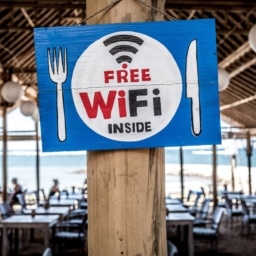What’s In Your Phone?
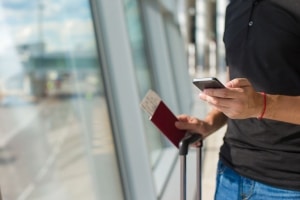
In Travel Safety Part 1, we covered your preparation for travel. We spoke about SANITIZING all your belongings and locking your luggage. However, there are a couple additional questions and issues we must cover prior to departing on your journey. The main topic being your technical devices.
Think for a moment. Everyone travels with at least a cellphone, and many with laptops or other electronic media. Take a minute and look through your phone. What is stored on our phone? I’ll take a guess and try to name a few items: pictures, social media accounts, banking apps, email apps that have access to all your contacts, calendar with all your past/present activities, and a text messenger app. Am I right? I’m sure there is much more, so let’s start with the big picture and narrow it down.
You are traveling overseas for business or pleasure. As soon as you touch down in your foreign destination, you must realize YOU NO LONGER HAVE THE RIGHTS OF AN AMERICAN. Those Immigration and Customs officials have full control….Federal Intelligence has control…..Local Law Enforcement has control. This means they can detain you, search you, confiscate your belongings, and incarcerate you. Now some of you experienced travelers are thinking, “I’ll contact the US Embassy, and they will come to my rescue.” That may eventually be true, however, just because you ask or demand to contact the US Embassy doesn’t mean they will let you at that moment. You could be detained for hours or days before being released or allowed to contact the embassy.
So now I ask the question, “Do you think it is a good idea to travel with your personal phone that you use every day?” I strongly suggest that you do not. If your phone is confiscated or stolen, do you want all of your personal information in the hands of someone else? Not this guy!
Always Have A Travel Phone
Consider purchasing a cheap TRAVEL PHONE that will operate in the country you are visiting. This phone needs to be able to make a phone call, send a text, and possibly take pictures if this is a vacation trip. You can input only the necessary numbers you may need to contact (ie…other persons traveling with you, select people you may need to contact back in the US, any points of contact at your destination, and the local US Embassy number). But what about my social media and games? Do you really need them for a 1-2 week trip? You are the commander of your actions. I’m bringing to light the security consequences of these actions.
Imagine you are pulled in for additional questioning at the airport or detained by local law enforcement, and they demand you unlock your phone. They even give you a plausible reason such as you fit the description of a person smuggling contraband into their country, and they want to see who you have been in contact with. What do you do? If you say “No”, what are the consequences? Remember, they can detain you for as long as they want. They can put you in a cell with actual hardened criminals. They can even become physical with you.
If you have your personal phone, YES you have serious concerns about them having access to all your personal information on that phone. With a TRAVEL PHONE, you really shouldn’t care because there is nothing of real value on there. Also if you say “No”, it draws additional scrutiny from those officials. That makes it look like you have something to hide….hmmm….much like a criminal.
Now let us look at this from the foreign law enforcement point of view. They ask you to unlock your phone. You say “Yes.” They see the phone only has minimal information on it and not the plethora of information most people have on their phones. This could also raise suspicion. However, this is easy to overcome. “Sir/Ma’am, this is not my regular phone I use every day. It is the phone I use to travel with. I’m concerned with identity theft and possibly losing my phone, so I travel with this cheap phone when I go overseas.” Plausible and they cannot argue the point.
All the above applies to any other electronic device you plan to carry with you overseas.
Protect your Credit Cards
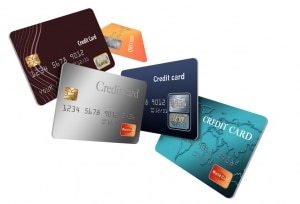
Now moving on to some additional points of concern, let’s talk about protecting your credit cards and later touch back on International Drivers Licenses mentioned in Part 1.
Most credit cards have RFID chips. Your passport has a bar code or possibly a RFID chip. You should travel with an RFID protection device. There are many out there. You need to make sure you purchase one from a reputable company, preferably from the US. Ops Tech Alliance conducts Travel Safety courses that go much more in-depth than our blog postings. We were on this topic in one course, and a student said he had purchased an RFID protected wallet from some site over the internet for $10.00. He became curious to whether or not the wallet was legit. The student decided to take his knife and cut open the wallet. What did he find instead of the copper protection they advertised? Cardboard. There are many legitimate RFID protection devices out there. Do your homework before you purchase one. They come in many forms: wallets, purses, and plastic cards the size of your credit card.
Identification and Health Insurance
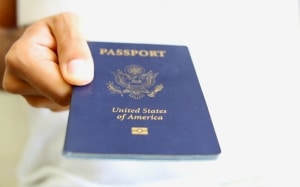
You can purchase an International Drivers (ID) License from AAA (Triple A) for about $45.00. I highly recommend you do this if you plan on driving while overseas or just to have a second form of identification. The directions in the ID License states you must have your US Driver’s License with you also. However, many countries do not even want to see your US License but rather only your ID License. Also, your ID license does not show your full home address, so it is better to show that when you can vice providing a foreign person your full home address when asked to show identification. Your passport should be your primary form of identification at all times.
Which brings us to passports. Make a copy of your passport. You should copy the front, the data page, and the page that contains your VISA and entry stamp. Of course the latter must be accomplished after you enter the country. Usually, your hotel can assist with this. Why you ask? If you lose your passport, you need to be able to show you entered the country legally until you can get it replaced. To replace your lost passport, visit the US Embassy immediately. They can fast-track a new passport.
The last item we will discuss is health insurance while traveling overseas. Many countries will not accept foreign health insurance. You should contact your current health insurance provider to find out what actions they require for overseas travel. Research the country you are visiting to see if they accept US insurance carriers. And the last option is to purchase travel insurance that covers medical care.
Next Time
There are many other points of concern you should consider prior to traveling, but we have covered the major ones. If your organization requires more comprehensive training to fully prepare travelers for the many pitfalls that can occur with traveling overseas, please contact Ops Tech Alliance to schedule a course. We can travel to your location, or you can come to ours.
Please continue to follow our blog for additional content. We will cover Demeanor, Staying in a Hotel, Extortion, and Elicitation.




